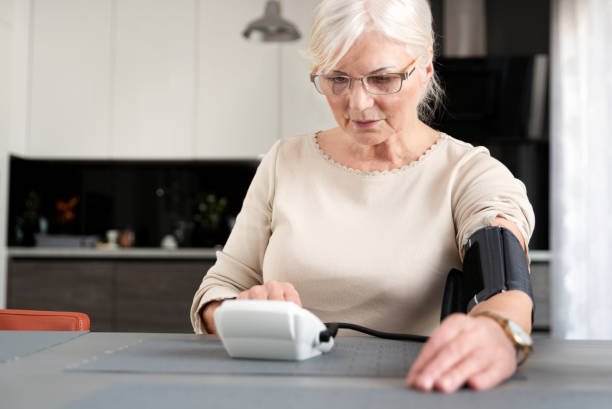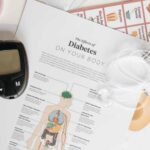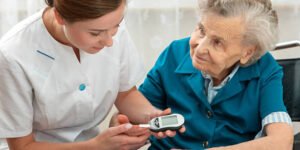
Three Major Risk of Diabetes in the Elderly! Grandpas and Grandmas Should Avoid These Taboos
Modern people are becoming more and more health-conscious, and even the elderly are diligent in taking care of themselves and maintaining mobility and vitality. However, when diabetes strikes grandparents, various risks of diabetes are hidden in daily life. What are the taboos that the elderly should avoid, and what are the diabetes risk areas that grandparents most often accidentally touch? This article explains it clearly for everyone. Let’s take care of the health of the grandparents at home and spend the second half of their lives healthily and happily!
3 common risk areas for diabetes in the elderly
According to NHS UK Adults should have no more than 30g of free sugars a day, (roughly equivalent to 7 sugar cubes). Children aged 7 to 10 should have no more than 24g of free sugars a day (6 sugar cubes). 4 to 6 should have no more than 19g of free sugars a day (5 sugar cubes)..
The so-called added sugar refers to “additional sugar added when manufacturing or preparing food and beverages”, such as white sugar, brown sugar, sucrose, icing sugar, granulated sugar, corn syrup, honey, maple syrup, etc., but does not include artificial sweeteners and originally existing sugars. Sugar in fruit foods.
It can be seen from the above specifications that if you drink 1 cup of sugary drinks every day, your intake of added sugar will easily exceed the daily recommended upper limit reference value. For most elders whose health has deteriorated and who also suffer from chronic diseases, if they are not careful, it will affect the body’s sugar metabolism and induce diabetes, and even cause complications related to the retina, kidneys, nerves, blood vessels, and feet. , greatly affecting the quality of life.
As for elderly patients who have symptoms of diabetes or have been diagnosed, we have summarized three major diabetes risk areas and remind the elderly, relatives and friends to pay close attention and avoid them carefully.
Diabetes risk zone for seniors 1: Many elderly people have less muscle strength and more starch
Although most elderly diabetic patients strictly implement diet plans and maintain a balanced diet, “maintaining muscle mass” that is often overlooked is a more common landmine than losing weight or eating less. “Muscle loss” is especially common in the elderly. “Diabetes syndrome” is a comorbid symptom with a high incidence rate in the elderly with diabetes. When muscle strength is insufficient, there is a risk of falling when walking, climbing steps or picking up items.
Therefore, for the elderly with diabetes, “diet” is not the focus, but to maintain good “muscle mass” and exercise moderately to increase muscle strength. As long as you don’t eat too much starch that causes excessive sugar, and make sure you eat enough protein. , just follow the principle of “less starch to preserve muscle strength”.

Diabetes risk zone 2 for seniors: Failure to control blood pressure is harmful to health
“Controlling blood pressure” to maintain health is very important for the elderly with diabetes. Of course, blood pressure is a reference value that fluctuates at any time and is not static. It is also important to relax in a timely manner and control emotions to avoid large fluctuations, rather than worrying about numbers. , but it causes psychological stress and causes blood pressure to rise.

Diabetes risk zone for seniors: Misinformation about folk remedies becomes a burden
Many diabetes-related nutritional supplements are available on the market, and some of them often exaggerate their efficacy. Elderly people often listen to unsolicited advertisements for folk remedies that claim to be better at controlling diabetes than taking medication on time. These healthy foods are foods and not medicines, so they can only be used as supplements and should not be regarded as substitutes for drug treatment. If you have any concerns about consumption, you should first consult a professional doctor to establish correct medical concepts to effectively manage diabetes, to avoid serious complications that were accidentally induced by folk remedies.
As for the elderly who often don’t know where to start and feel confused when it comes to self-management of diabetes, as long as we follow the doctor’s instructions and don’t believe in neighborhood rumors that have no medical basis, it is actually not as difficult as we imagine to control diabetes with regular treatment.













